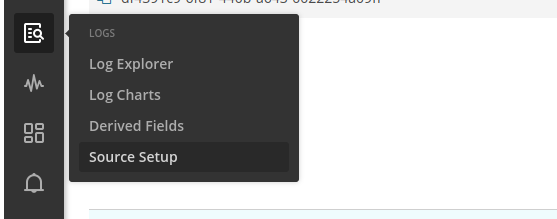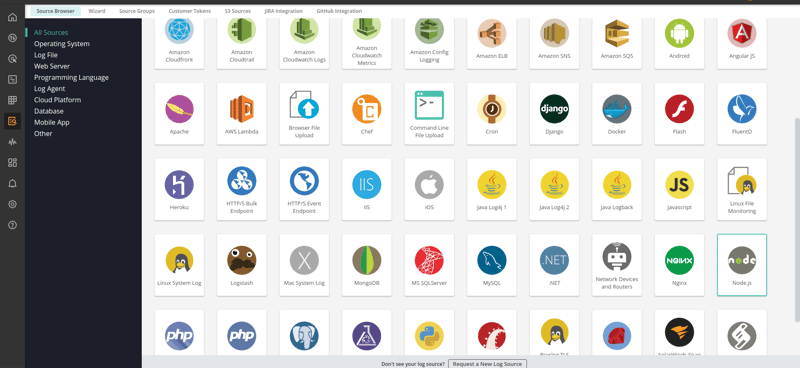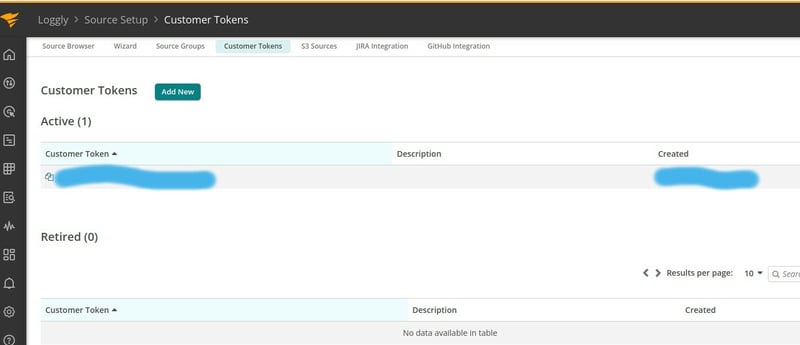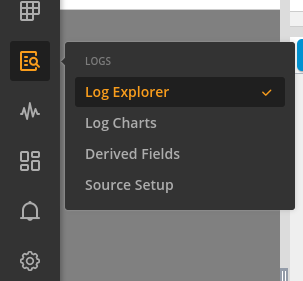
Amit Tiwary
Posted on May 1, 2022
Logging helps us to debug our application and solve the issue easily. Before we added logging in backend we used to face problems in reproducing the bug related to API requests and responses. We used the logging tools to log the request and responses of the APIs. Loggly is a cloud-based log management tool. You can create a free account here. While creating an account it asks for the subdomain name that you need later. After creating an account, you have to set up the source.

We are using Nodejs in the backend, so we selected the Nodejs as the source.

The custom token is required to initialize the Loggly. You will get it in the custom tokens tab.
Once the account setup is completed, let's start integrating it into our code. We can install the Loggly using the npm install winston-loggly-bulk. We will need the subdomain and token to initialize the Loggly.
const winston = require('winston');
const { Loggly } = require('winston-loggly-bulk');
winston.add(new Loggly({
token: 'custom token',
subdomain: 'sub domain',
tags: ['Winston-NodeJS'],
json: true,
}));
Now use the log to log the request and response of the api.
const winston = require('winston');
winston.log('info', {
url: `${req.protocol}://${req.get('host')}${req.originalUrl}`, body: req.body, method: req.method, response: res('response sent to the user'),
});
If everything is done correctly, you can see the logs from the log explorer

Posted on May 1, 2022
Join Our Newsletter. No Spam, Only the good stuff.
Sign up to receive the latest update from our blog.






